Until recently, recycling plastic, aluminum and paper trash in the United States has been straightforward, convenient, and inexpensive. However, China’s new recycling policies have been a game changer. Most of our recyclables were exported to China, whose recycling companies were willing to pay an attractive price for them. With increasing quality standards and new tariffs on many countries including China, recycling as we knew it has changed quite a bit over the last five years.
Recycling 101
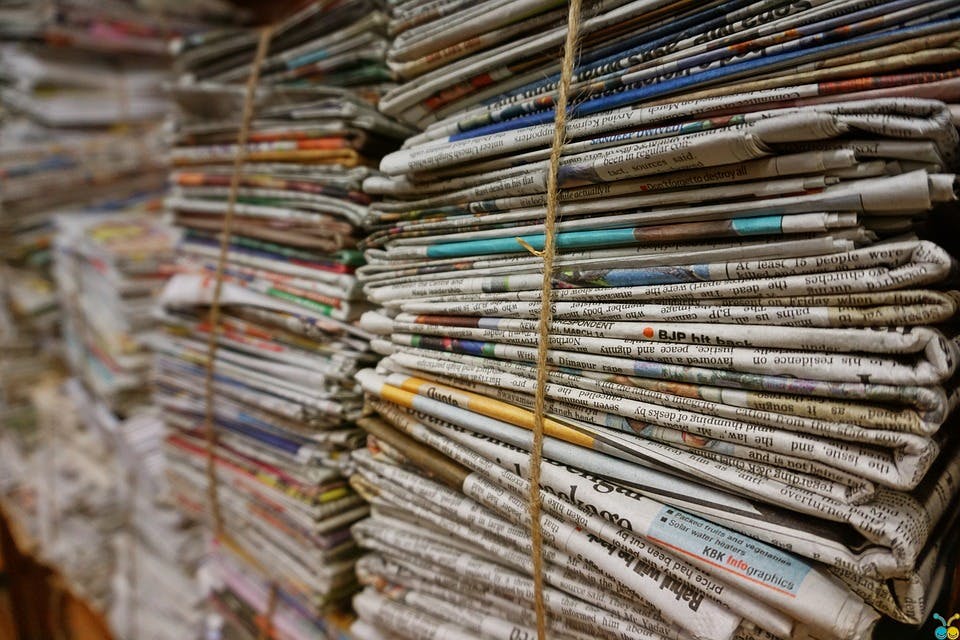
Have you ever wonder what happens to all of those recyclables that you separated from the garbage? The short answer is that they’re sold to make other things. You’ve probably seen products that are made from some percentage of “post-consumer cardboard,” another way of saying recycled paper waste. Aluminum containers are processed in much the same way. So are certain types of glass items. And, of course, all of the plastic bottles, tubs, bins, etc. follow the same path.
Some recycling companies require the consumer to separate glass, plastic, and paper. Today, a “single-stream recycling” is used. Where everything that can be recycled is put into one recycling bin and landfill trash goes into another. While we’re at it, let’s define trash as garbage that includes food waste, soiled paper, discarded housewares, etc. Anything that you throw away that is not specifically identified as a “recyclable item” is trash. At home or at the office, you separate the recyclables, put the bins out at the curb, your trash/recycling company picks them up. That is about as far as most people even think about the recycling stream.
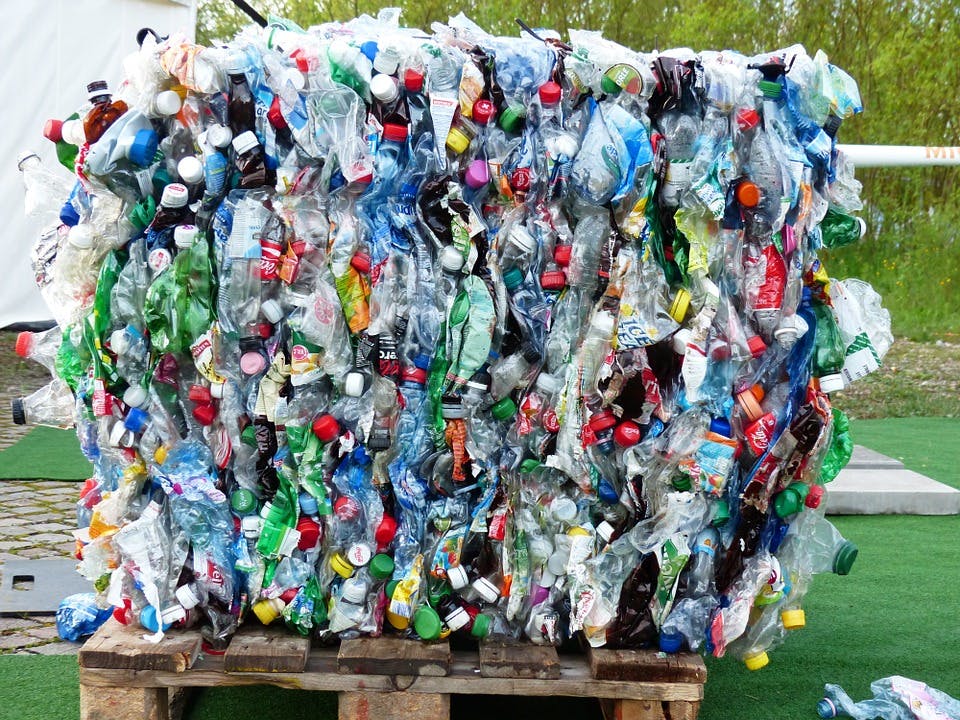
But now let’s take it a step further. At the recycling facility, the trash is dispatched to a local landfill. The recyclables are sorted, bundled, and then bailed. From there, they are transported by truck or by train to a port. At the port they are loaded onto a ship and sent, for the most part, to China.
Interestingly, recyclables had been one of the United States’ most important export items to China. Exporting recyclables not only helped the environment, but it generated revenue as well. It was a win-win. China’s rapidly growing economy gobbled up those recyclables, and the manufacturing dynamo converted them into saleable products — then sold them back to us. Until recently, that is.
China’s New Recycling Policies: Green Fence, National Sword & Blue Sky
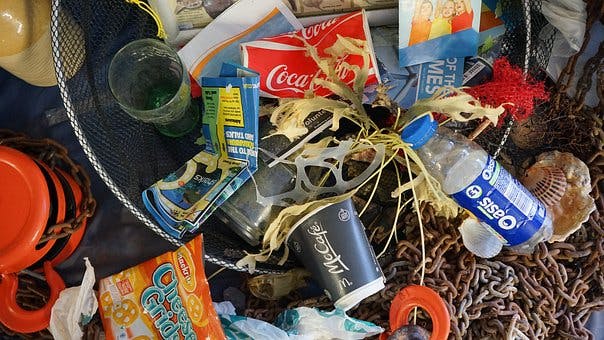
The first tremor hit the recycling industry in 2013 when China instituted its Green Fence policy to bolster existing (but rarely enforced) regulations governing the quality of incoming scrap material. Green Fence was specifically targeted towards bales of low-grade plastics as well as scrap paper with a high moisture content. Green Fence was only intended to last for a short time and scheduled to be dismantled in November of 2013. Green Fence served as a warning shot across the bow of the recycling industry.
By mid 2017, China became more aggressive towards the recycling industry. First import fees were raised and the enforcement actions were ramped up on inbound shipments of recyclable waste. This program is known as National Sword. It was initially targeted at widespread smuggling operations, flooding the Chinese recycling industry. Submitting low grade or even completely banned recyclable materials.
Throughout 2017, the scope of National Sword continued to expand. The changes were a result of an increased awareness of the importance of environmental management. Combined with a retaliatory incentive to oppose the imposition of a wide range of tariffs,by the Trump administration. Throughout 2017, China’s new recycling policies continued to levy tariffs and increase fees on imported recyclables. Then China began to ban certain categories of the materials altogether. The cumulative effect of these actions has been devastating to the American recycling industry. Significantly reducing and curtailing the largest and most robust export market for recyclables.
In 2018, China replaced the National Sword program with a new, even more stringent recycling control program. Dubbed Blue Sky, the new set of rules bans an additional 24 categories of previously acceptable recyclable materials. This new set of regulations has added even more pressure — and uncertainty — to the domestic recycling industry.
What’s Next for Our Recycling Programs?
American recycling companies are scrambling to find new buyers for the steady flow of recyclables. And new ways of dealing with the overflow of the recycling stream. Vietnam seems to be opening up as an alternative destination, and other new markets will undoubtedly surface as well.
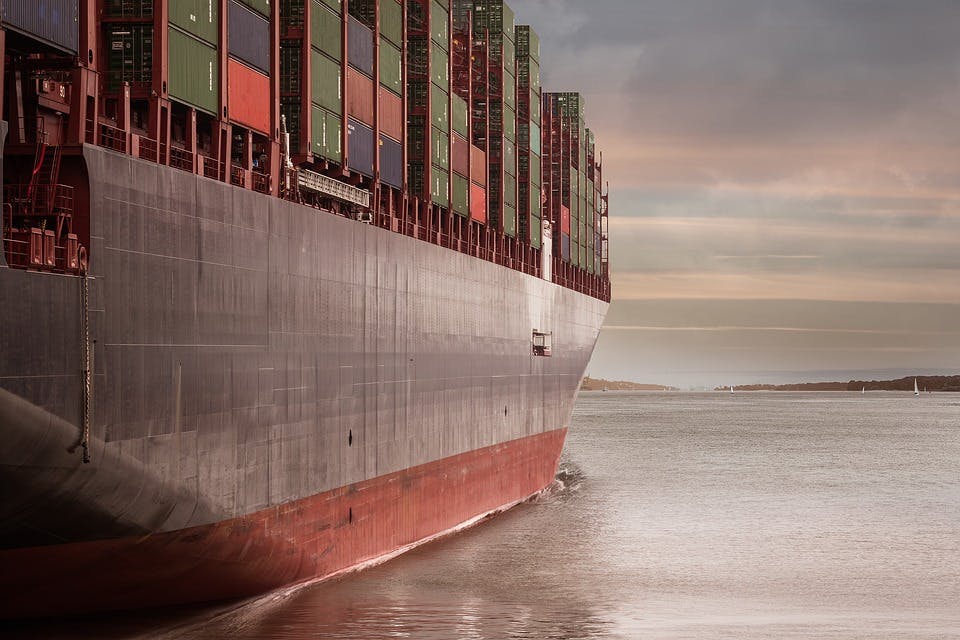
This will all come at a price, however. Since its inception, the United States’ recycling industry considered China to be its biggest, most lucrative, and most dependable trading partner. The majority of our recycling industry ecosystem were set up to process recyclables, according to Chinese specifications. But all of that is now changing, thanks to China’s new recycling policies.
The industry will have to adapt and adjust to the realities of the new world marketplace. The Chinese Blue Sky program is having major repercussions on the recycling industry and will continue to do so for a long time. This is the new normal.
Unfortunately, what this means for consumers is that costs will start to increase, for several reasons:
- Compliance – First, in order to comply with newly enacted restrictions on the types of acceptable materials and how they are packaged, recycling facilities will need to spend more time sorting and bundling the materials.
- Shipping Cost Increases – Next, as new markets open up, shipping costs will likely increase as well. The tariffs paid by the shipping companies to the countries they are doing business with will ultimately be passed on to the consumer.
- Recyclables Worth Decreases – Finally, since supply now far exceeds demand, the prices paid for your recyclables will go down.
Accurate Waste Services — Still the Best Name in Recycling
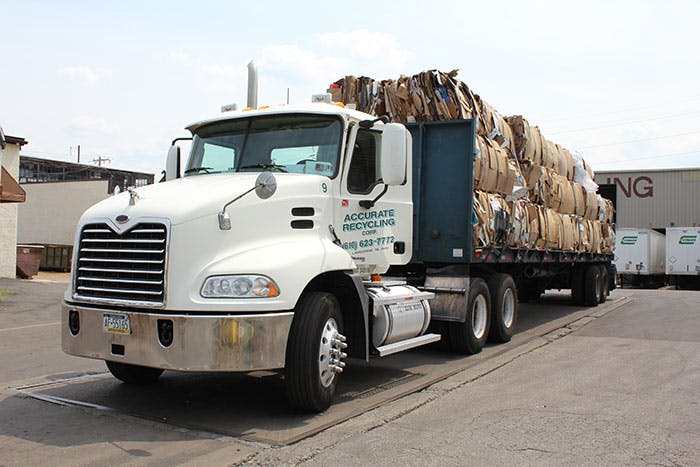
Despite the changes mapped out above, recycling is still important. To both to our environment and to the global economy. At Accurate, we’re doing everything possible to make it as easy for you as we can. We will continue to leverage our extensive connections to keep costs down. Allowing you, our customers, can continue to use and dispose of paper, aluminum, glass and plastic products in an economical and responsible way. We are working hard to minimize the impacts from China’s new recycling policies. Trust Accurate for all of your waste disposal needs and contact us today for more information!
